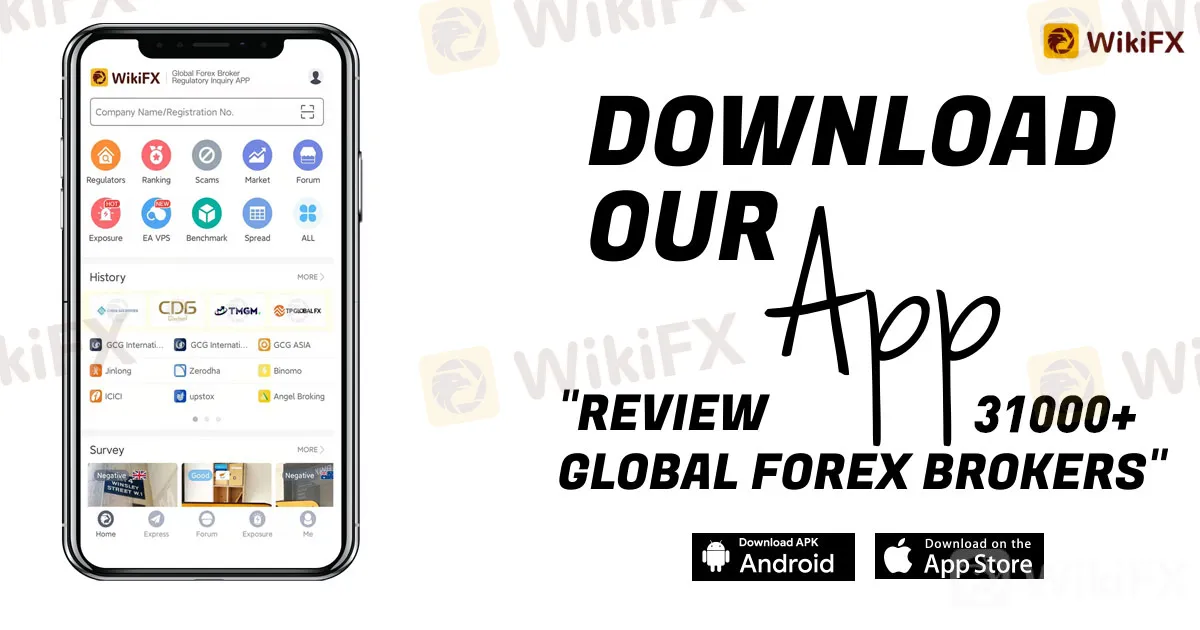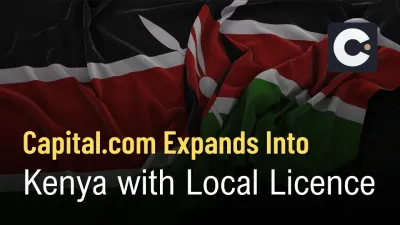Abstract:Russia‘s demand for so-called “unfriendly countries” to pay for natural gas in rouble will likely support the sanctions-hit Russian currency only near term through using the country’s energy leverage over Europe.

Russian President Vladimir Putin has asked the government to instruct state-controlled gas monopolist Gazprom to amend existing contracts such that “unfriendly countries”, including EU member states, start payment in rouble for imports of Russian natural gas. The Bank of Russia (CBR) is to develop a mechanism for processing such payment.
The near-term support for rouble will come at the cost for Russia of further encouraging the European Union to reduce its reliance on Russian energy imports as fast as possible – though that will take time given the infrastructure bottlenecks in the natural gas sector especially.
Financial gain looks moderate for Russia
Russia has already required exporters to sell 80% of forex revenue to support rouble since sanctions froze around half of Russian international reserves. Asking buyers of Russian natural gas to exchange hard currency for rouble increases this rate of rouble conversion to 100% as regards gas exports.
However, the foreign-currency sale requirement on Gazprom could have been increased to 100% anyhow. The move to demand payments in rouble is a strategic retaliation against the EU based upon leverage that Russia exercises as the most important supplier of natural gas to Europe, with Russian supplies amounting to more than 75% of aggregate gas demand of some countries in central and eastern Europe.
The Russian administration is also trying to increase the CBRs capacity to manage the currency by forcing trade in natural gas to take place in domestic currency and pushing major foreign-currency flows to take place via the CBR, a sign of how financial sanctions have damaged the role of the central bank in steerage of the Russian economy.
Rouble payments for gas could increase CBR capacity to function under a prevailing sanctions regime, given current limitations on the CBRs scope to transact with central banks in the European Union.
EU faces further energy-trading complexity, risk of gas-supply disruption
Russias latest demand could result in gas-contract renegotiation and changes in the duration of gas contracts on top of legal challenges should EU countries argue that the conversion would be a breach of contract. Around 58% of Gazprom gas sales to Europe and other countries are settled via euro, with another 39% in dollar. Any legal stalemate increases risk of disruptions in Russian exports to Europe, which could be painful for select countries short term.
In the longer run, Russias new measures are likely to accelerate EU efforts to diversify away from Russian oil and gas. The European Commission has outlined a plan to make Europe independent of Russian fossil fuels before 2030. This plan could lower demand for Russian gas by two thirds before the end of the current year. In the near term, an outcome of the Russian move could be for the EU to specify lower purchase volumes of Russian gas.
For a look at all of todays economic events, check out our economic calendar.
Levon Kameryan is Senior Analyst in Sovereign and Public Sector ratings at Scope Ratings GmbH.










